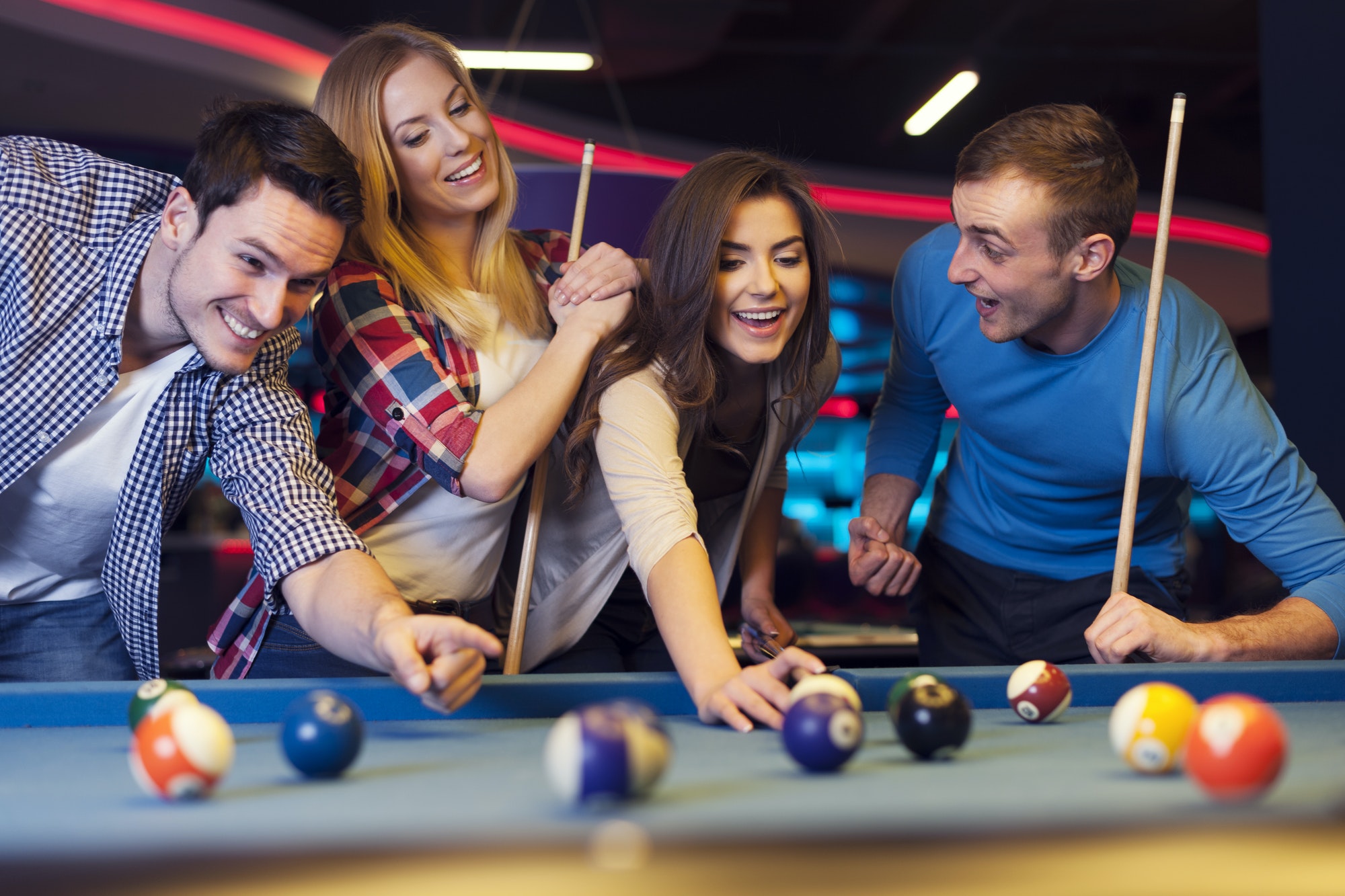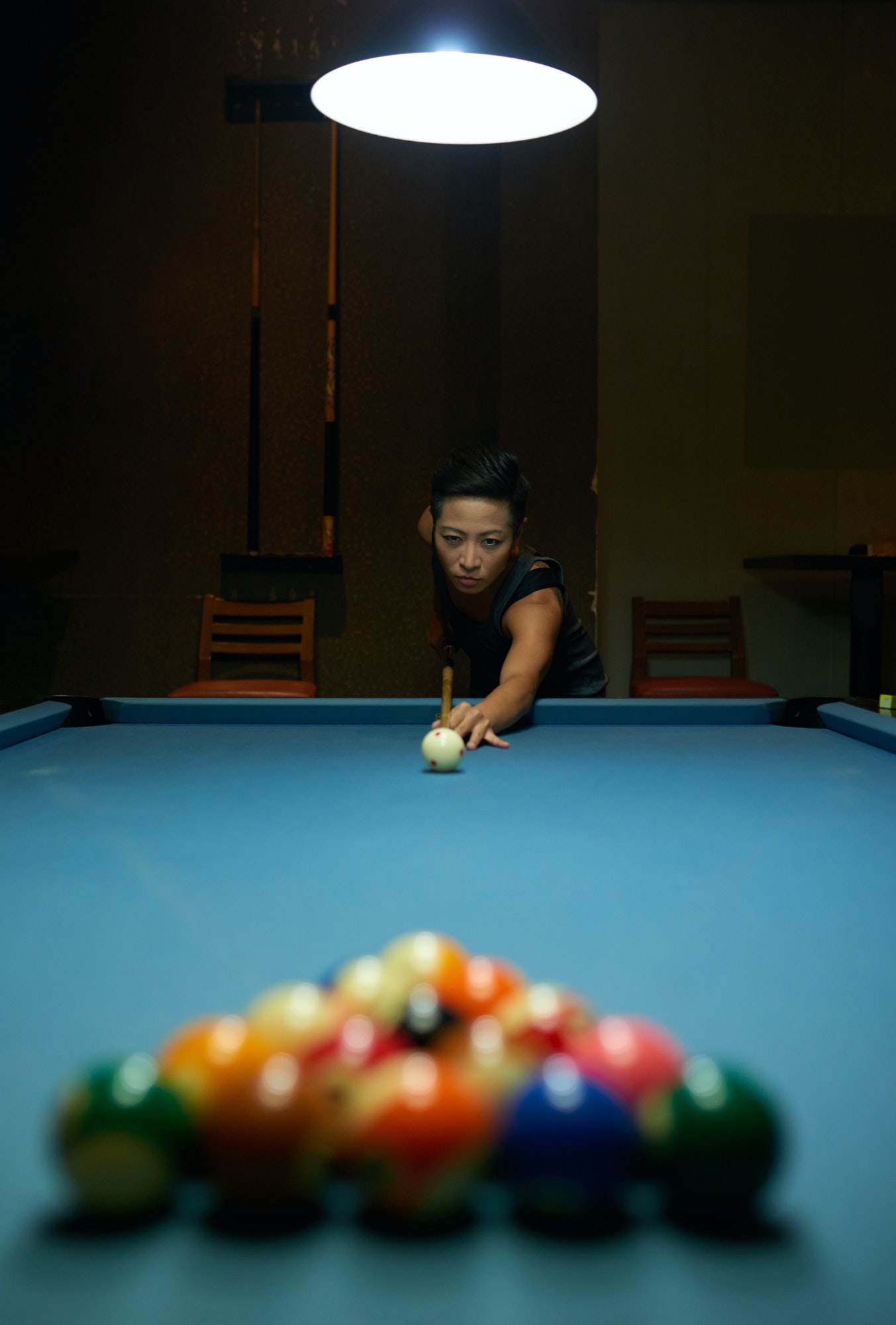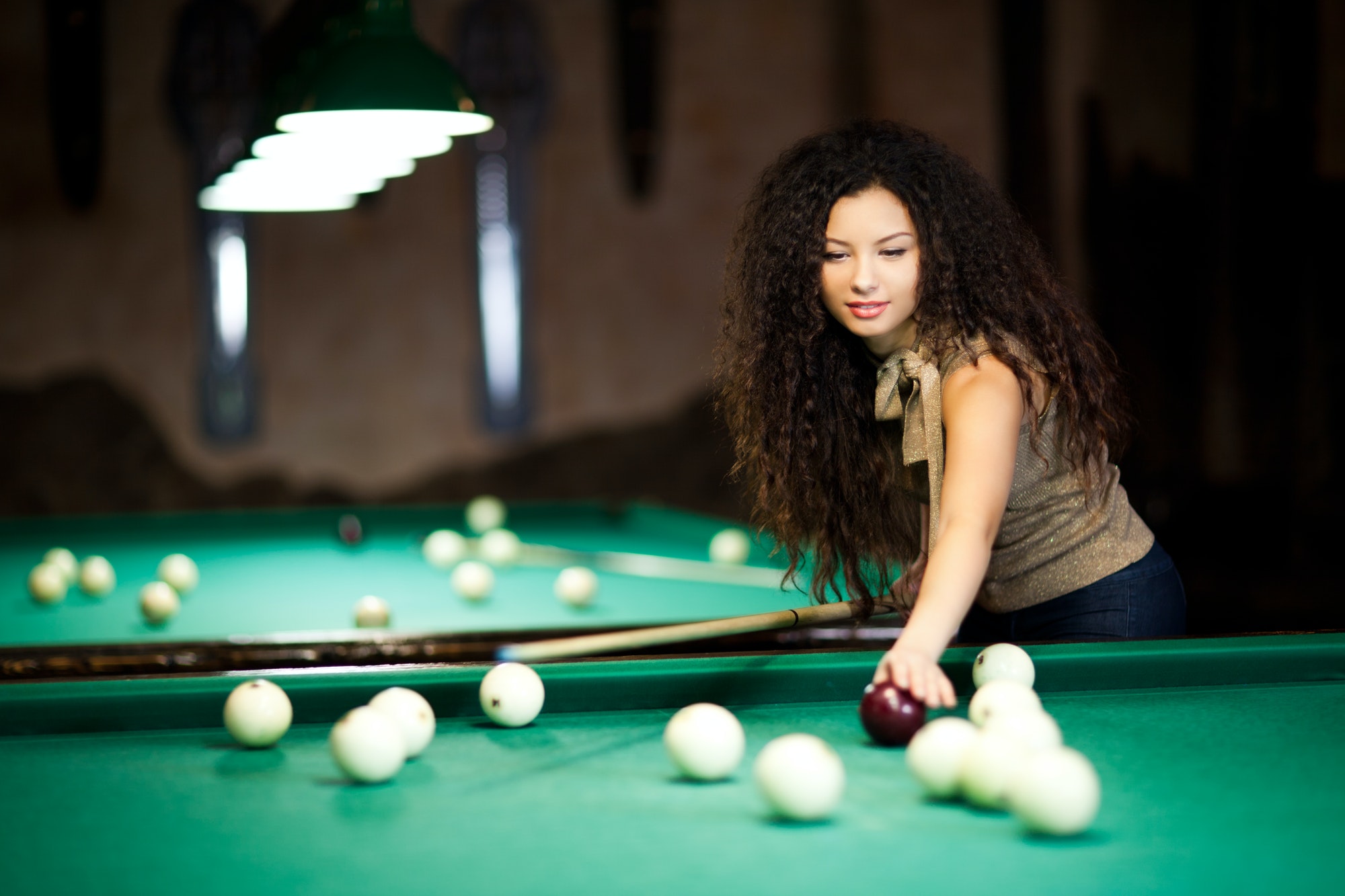In our modern times, dogs aren’t just pets they’re also family members, travel companions, brewery buddies, and adventure partners. However, having a dog who is able to manage the ups and downs of everyday life doesn’t happen on its own. This happens with modern, thoughtful puppy training.
There’s no reason to be confined to the standard approach to training. Modern trainers help dogs and their owners acquire skills that make life easier and more enjoyable.

Image credit: goanywheredog.com
Training that is relevant to Life This is not just a classroom Training
Many traditional puppy training classes focus on teaching basic commands in quiet, controlled spaces. Although this is a wonderful start, it’s not enough for dogs who are going to be part of the life of their owners. In the real world, owners would prefer to have dogs who are able to relax at a bar or soccer fields, be part of the action at a cabin weekend, or handle the bustle of a crowded patio on the summer evenings.
This is why the focus of dog training in the modern era has shifted to real-world readiness. This isn’t just about teaching how to stay, sit, or even coming. It’s about teaching dogs to deal with distractions with confidence. In South Minneapolis for instance, trainers develop scenarios that are like the everyday routine. Dogs are taught to behave politely in parks, how to recall their owners off-leash and the calm social skills necessary for public outings.
What’s the result? The result is a dog who can accompany its owner in any location, whether it’s to grab a burger at the patio, take a cruise on Lake Minnetonka or relax in a cabin. If a dog can handle the stress of everyday life and walking leash a breeze.
Affirmative, Scientific-Based Dog Training for Long-Term Success
The most popular dog training classes today are based on the principles of science and kindness. Traditional correction-based methods are offering ways to teach based on modern learning theory. Trainers do not punish for mistakes, but rather focus on building confidence, rewarding desired behaviours as well as rewarding trainers.
This change makes a huge difference, especially for puppies. When dogs feel safe, confident, and engaged they’re more attentive and are much more likely to keep these abilities to adulthood. Training can become enjoyable for both the pet and dog. This strengthens their bond and fosters mutual understanding.
Programs that adopt this style of training are achieving impressive results. The puppies develop into well-mannered, resilient dogs who can handle busy environments. The owners also gain confidence to bring their dogs along on more adventures.
Training as a Base for Bigger Goals
Modern puppy training is just the beginning for a lot of pet owners. A solid base of life skills could lead to greater opportunities, like earning an Canine Good Citizen title, working with therapy dogs, or even preparing for an emotional support animal position.
These certifications require more than basic obedience. These certifications require calm behavior when in public areas and concentration even when distracted, as well as honed social skills. This is why the modern-day progressive programmes for training incorporate these goals into the early stages of a puppy’s education. The calming confidence a dog exhibits under tables on the patio can also aid in calming in a crowd or during a therapy session.
Great Dogs Can Be Made however, they can’t be Born
This simple truth is at the root of everything: No dog is born with the knowledge to survive in a world that is populated by human beings. If you are thoughtful, compassionate and sensible puppy and dog training, any dog can be taught. Whether your dream is the brewery companion or off-leash adventure buddy or a therapeutic community dog, the knowledge you develop now will define the life of your dog and you for years to follow. In the end, good dogs don’t come from nowhere. They are trained with love.



